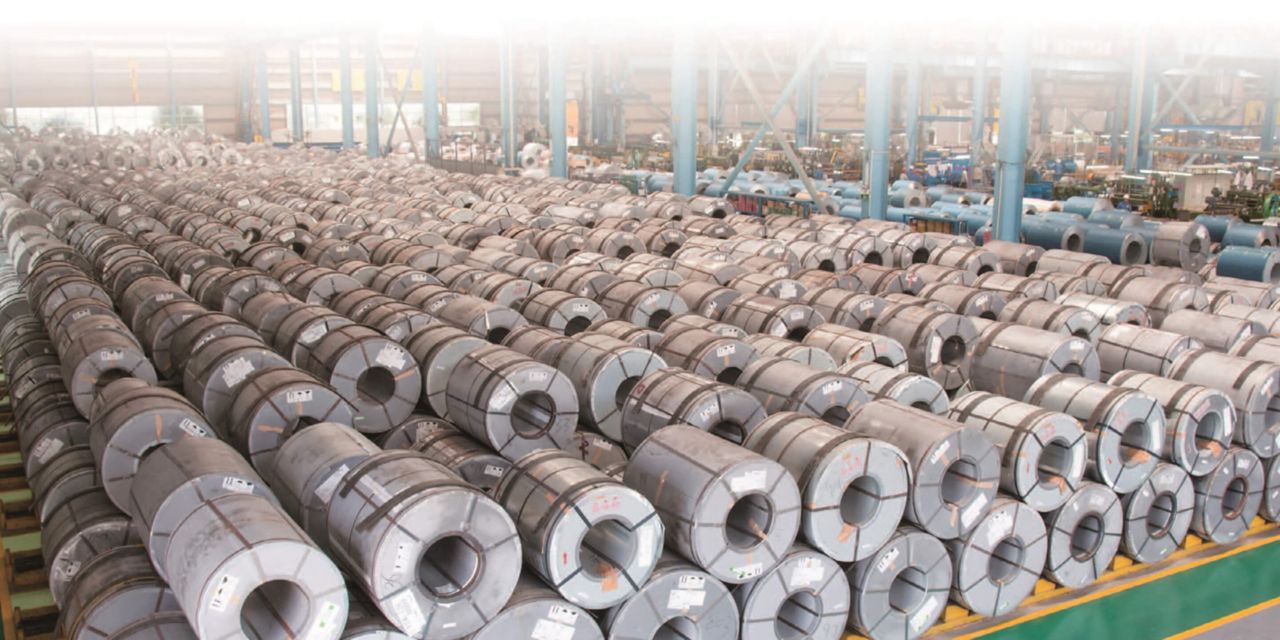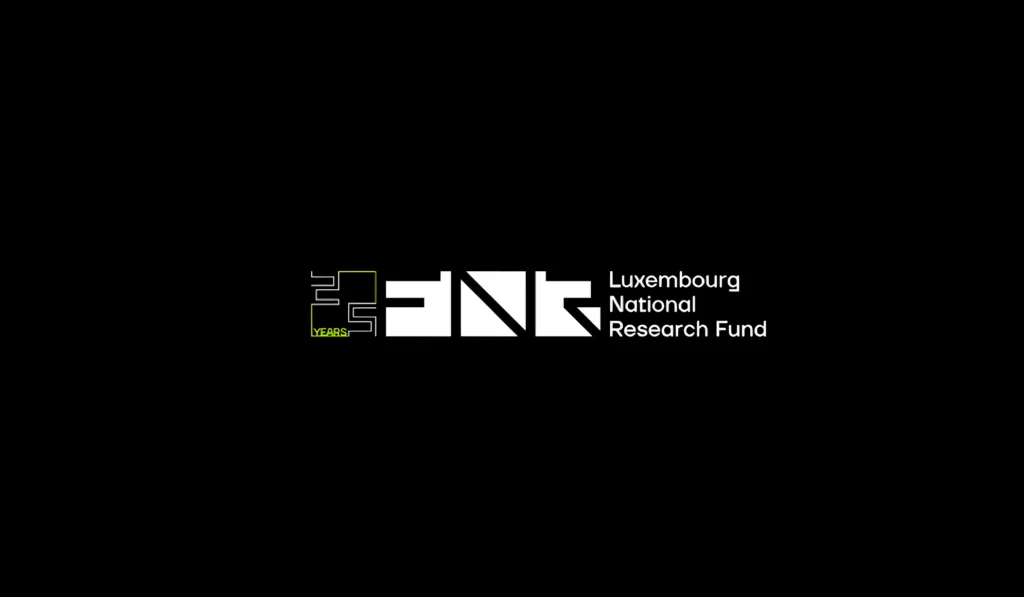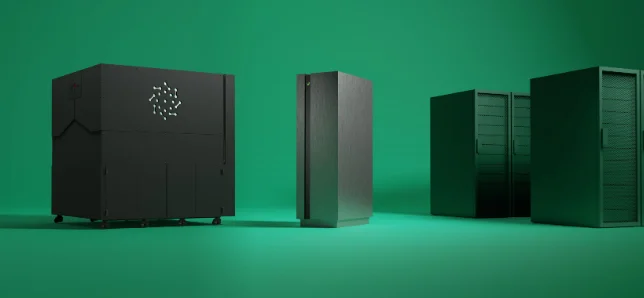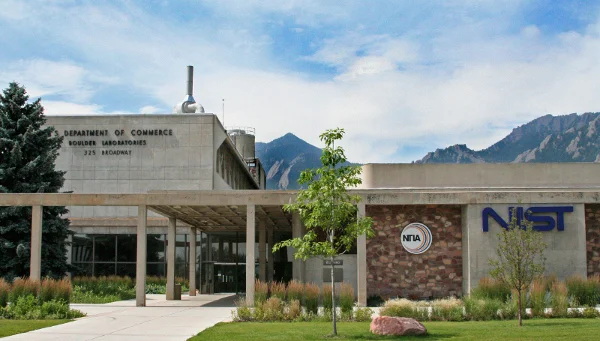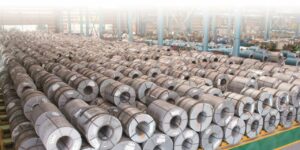
The emerging quantum ecosystem is complex. Connecting use cases — real problems that quantum computers can tackle — with the right quantum software and hardware providers is difficult. Now, researchers and industrial experts say that one of the world’s newest industries — quantum computing — may be an ideal partner in one of the world’s oldest industrial use cases — steel manufacturing.
Honeywell Quantum Solutions and Cambridge Quantum, which recently announced a joint venture, are already hard at tying those complex pieces together. In this case, CQ software specialists using the System Model H1, Honeywell Quantum Solutions’ latest commercial computer, report that they helped Nippon Steel to devise an optimal schedule for the intermediate products it uses during the steel manufacturing process.
Nippon Steel is one of the largest steel manufacturers in the world, manufacturing more than 50 million metric tons of steel products in 2019. Nippon Steel has long invested in advanced computing and technology to help employees optimize scheduling and maximize efficiency — now they are looking into quantum computing, according to news from Honeywell.
“Scheduling at our steel plants is one of the biggest logistical challenges we face, and we are always looking for ways to streamline and improve operations in this area,” said Koji Hirano, chief researcher at Nippon Steel.

Manufacturing steel is a multi-step process. Plants process iron ore, coal and other material into slabs of steel, which are then converted into products.
The right balance of raw materials and intermediate products on site to complete orders is a balancing act. Other factors — multiple orders, order type (grade of steel) and size, production count, deadlines and other specifications and the complexity of operating a steel plant — make it a problem that can rapidly grow in complexity.
Steel companies are always looking to streamline or optimize the production process and scheduling, which could lead to significant gains in efficiency and reduce operating costs.
Quantum computers may makes them uniquely suited to tackle such optimization challenges, problems that can confound even the best supercomputers.
Using the System Model H1, the team reports they were able to find the optimal solution after only a few steps.
“The results are encouraging for scaling up this problem to larger instances,” said Mehdi Bozzo Rey. “This experiment showcases the capabilities of the System Model H1 paired with modern quantum algorithms and how promising this emerging technology really is.”
Tony Uttley, president of Honeywell Quantum Solutions, said such collaborations demonstrate how companies can start using quantum computers to tackle complex, real-world problems. “The results Nippon Steel and Cambridge Quantum Computing were able to achieve indicate that quantum computing will be a powerful tool for companies seeking a competitive advantage,” he said.
According to the company, this challenge is not unique to steel manufacturing. Similar combinatorial optimization problems are ubiquitous throughout global manufacturing, transportation industries, and distribution systems in which goods and services move through several steps. This could open up use cases in other industries, in other words.
Ilyas Khan, CEO and founder of CQC, and Uttley, saud the project with Nippon Steel illustrates the type of global challenges the new company will focus on solving.
“An efficient and effective supply chain is critical to society and any interruption in the chain can have vast repercussions down the line,” Khan said. “Honeywell and CQC are eliminating such interruptions via quantum computing and we look to apply this work across industries as we come together as one company.”
Source: Honeywell
For more market insights, check out our latest quantum computing news here.

